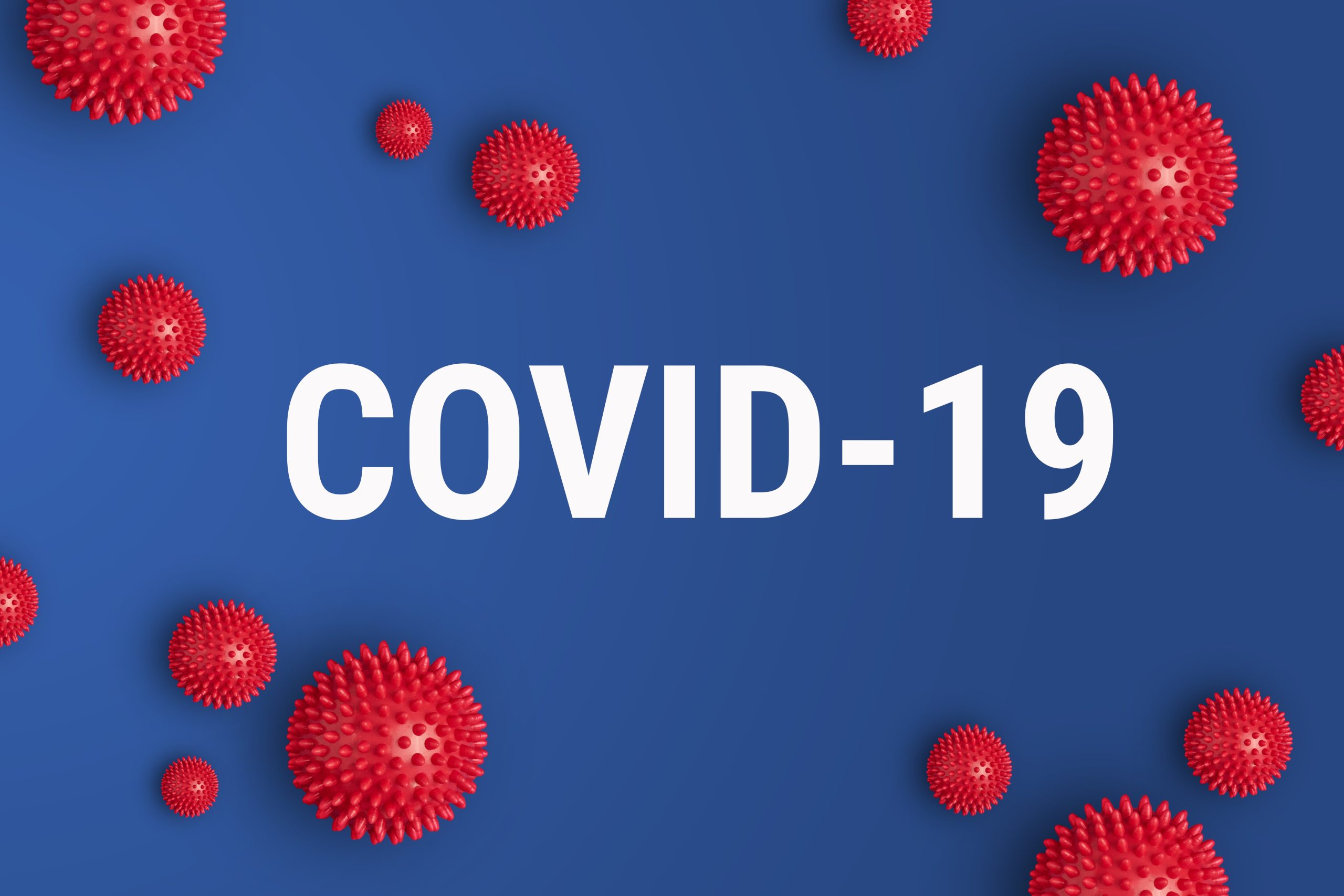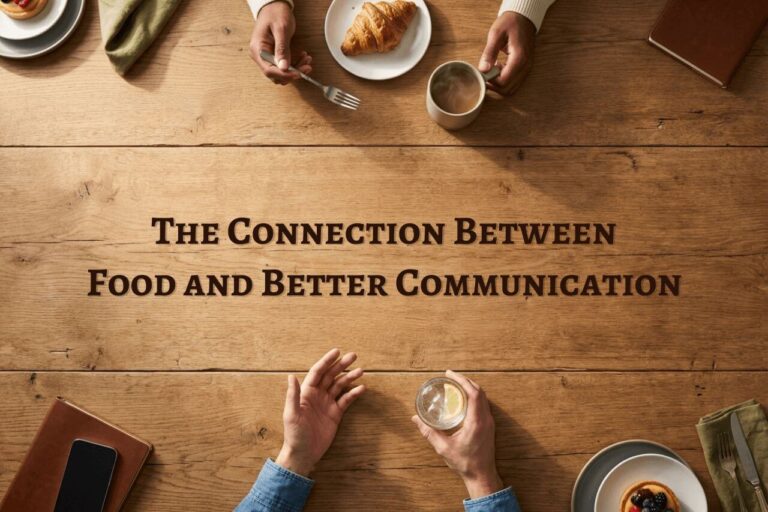As we’ve seen, COVID Whiplash (COVID-W) can affect any area of a business: finance, customer service, operations, sales and marketing, and even human resources. It is indiscriminate in its victims, and relentless in its approach. Social distancing or wearing a mask has no effect on preventing its spread, yet as business leaders we must maintain a heightened vigilance to avoid being infected by it.
Being a survivor of the pandemic can give us a false sense of immunity; one that might lead us to question the chances of another major disruption happening anytime soon. We may be asking, “What are the chances of us experiencing another catastrophe like this in our lifetime?” Those of us who are a bit older can attest to the chances, as many of us were around to have survived the recession of 1976, Y2K, the dotcom crash, the mortgage collapse of 2008 … and now the pandemic.
Here’s the good news: business has returned with a vengeance, especially in the trades and the companies that supply those trades. This is evidenced by the backlog of work many are experiencing and the supply chain disruptions that are exacerbating that backlog.
Here’s more good news: growing the mental toughness, developing the business acumen, or establishing the discipline necessary to run a highly profitable company is a learned skill. Most of us aren’t born with it, but anyone can learn it. It has little to do with IQ, education, gender, or genes. It has everything to do with the thinking we bring to our business. During this post-traumatic time, our thinking must be to resist the siren songs of complacency or hubris.
Sometimes it is necessary to reprogram our thinking about money and profits, our workers, our customers, even who our real competitors are. The starting point is for business owners to recognize the direct link that exists between their company’s performance and the thinking they bring to the decisions and actions that lead to that performance.
One of the lessons a lot of business owners learned while they navigated through COVID-19 was just how gritty and resilient they are. Many of them returned to the fundamentals that had first led to their success. They rediscovered the significance of their customers and the value of delivering good customer service, of how to produce jobs more profitably, and the importance of tracking their company’s financial performance.
Even if we feel that discipline, follow-through, and business fundamentals aren’t our strengths, that doesn’t mean they’re not important and that we can just give them a pass. They are important and being soft on them comes at a cost. Circumstances will remind us of this when things get tough. We must continually remind ourselves when things are flush.
My advice as we enter this next era of abundance, where we have more work than we have people to produce it, is to never lose our grit … ever. Resist the urge to get soft on hard decisions just because we can. Enjoy the easy times but be prepared for the unexpected. Stay vigilant against the siren song of complacency.



